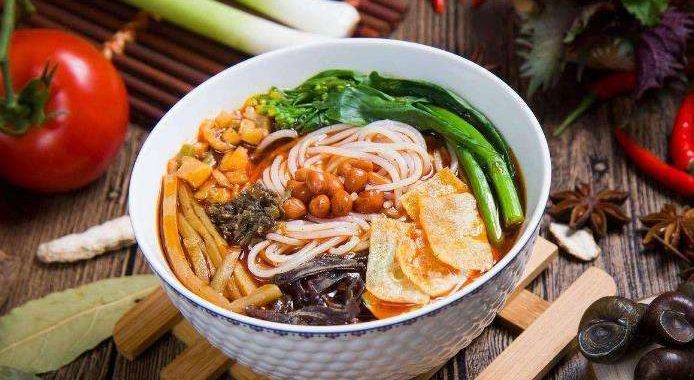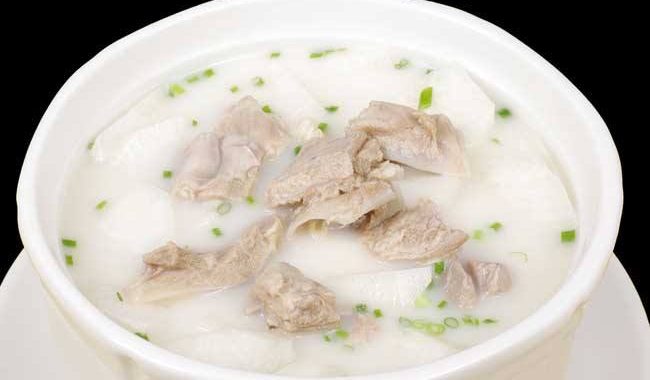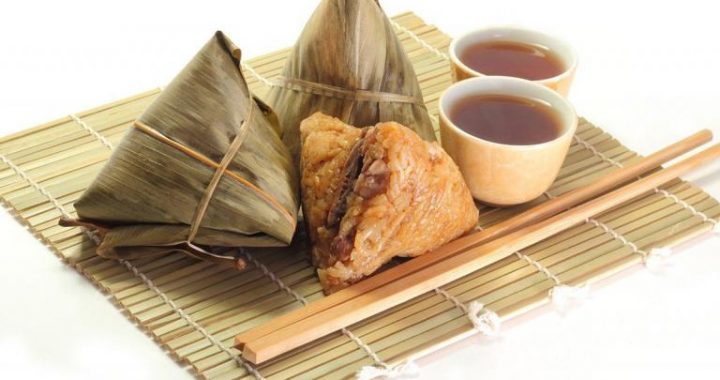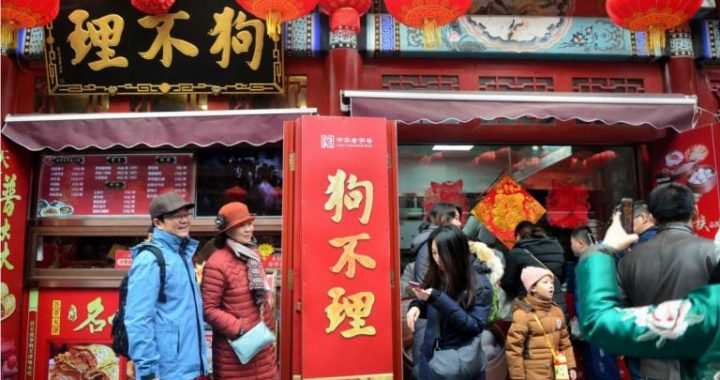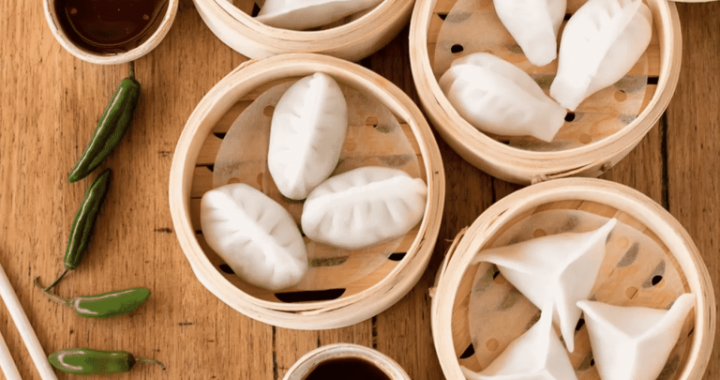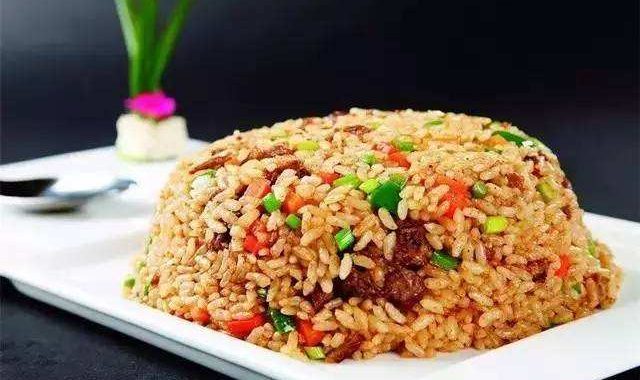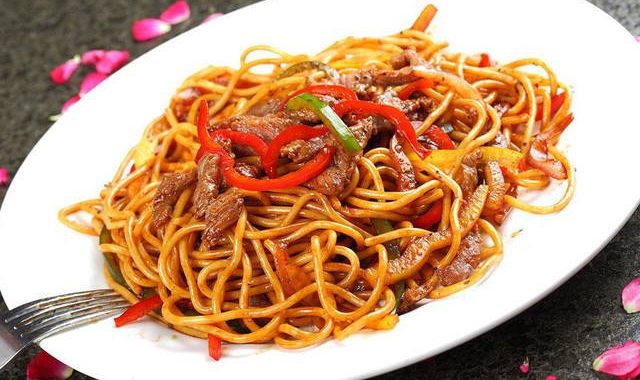EATING FOR HEALTH IN China
6 min readThe Chinese concept of a balanced diet is different from Western concepts. It makes no mention of proteins, calories, vitamins, enzymes, and minerals. Instead, in China we refer to the flavors of foods, as well as to their qualities —the Yin/Yang and Five Element characteristics, and the food’s nature as hot, warm, cool, or cold. Although the foundational tenets are different, in the end a balanced diet in both cultures amounts to the same thing: a varied regimen that ensures the consumption of moderate quantities of all available nutrients. The major difference in the two approaches is that the Chinese balanced diet takes into account not only the qualities of food but also those of the person eating it. The climate and the time of year are considered as well.

As a consequence of this wider approach one cannot make a straightforward assertion about whether any one food—mutton or coffee or spinach, for example—is good or bad for you. The value of any particular food is relative to your individual characteristics and the climatic conditions. If it is winter and you have a cold, Yin constitution, mutton and coffee are good for you. They have Yang and warming effects that counteract your personal nature and the climatic conditions. Spinach, on the other hand, is cool and may not be the ideal food for you in winter.
Before getting involved in more specifics regarding individual conditions and needs, let us look at some of the general do’s and don’ts of Chinese preventive diet in regard to what and how, as well as when to eat.. These are:
1. Refrain from monotony. Do not eat only what appeals to your palate. Vary your diet at every meal.
2. Avoid excesses. Eat spicy, sour, fried, salty, and sweet food sparingly.
3. Never eat large amounts at a single sitting. You should rise from the dinner table feeling only two-thirds full. Overeating leads to stress on the digestive system, inefficient absorption of nutrients, weak qi, and disease. Three light meals a day is the ideal. However, if you are very physically active and require more calories, several snacks through the day is better than one or two large meals.
4. Beware of exotic foods such as snake meat, scorpion, insects, bear paws, snails, and the like. These foods have their functions for some specific ailments but should not be eaten just for the sake of taste.
5. Do not overindulge in beverages instead of solid food. If you can do so comfortably, you should not drink at all during meals. The intake of liquids dilutes gastric juices and impairs digestion. Take your liquids before or after mealtimes.
Other rules are not even mentioned because they are simply common sense daily practices. These might be called the five obvious forbiddens. They are:
1. Do not eat too little for your body weight and energy expenditure.
2. Do not take toxic, contaminated, stale, rotting, or cold food or drinks.
3. Do not fry your food. If you must use oil, stir-fry briefly in a wok, or add a little raw oil to steamed or boiled food or to your salads.
4. Do not overcook your food. Overcooking destroys its heat-sensitive nutrients (enzymes and some vitamins).
5. Do not overindulge in alcoholic drinks. One beer, one glass of wine, or a single shot of spirits a day appears to have a positive effect on health. Anything more than this is poison.

Following the guidelines regarding what (and how) not to eat will in and of itself lead to better overall health. The customary Chinese way of eating is to serve small portions of many different foods. A traditional Western mealconsisting of soup, steak, fried potatoes, and a dessert would be considered by the Chinese to be not only unhealthy but uncouth as well. First of all, there is not enough variety in the menu. Second, we believe that soup should come at the end of the meal (instead of a sweet dessert) in order to wash away strong flavors. Third, most Chinese don’t relish the idea of eating a slab of meat. We feel it cannot be cooked properly: either the outside is burned in order to cook the center, or else the inside is eaten raw—which for most Chinese people is too horrific even to contemplate. The only way we cook meat in China is to cut it into pieces. The origin of this practice was to save cooking fuel; however, it also ensures uniformity of cooking, as well as the possibility of sharing with others. Which brings us to our final point: eating individual portions is considered downright antisocial. And eating alone is abhorrent to most Chinese people: it is something that you do in a hurry, consuming perhaps your leftovers from a “real meal.” In China, people like to eat together; they like the hot and noisy atmosphere. And the more people there are, the more dishes and the more variety. The point, therefore, is to eat a little of a dozen or so food items at each sitting. A Chinese meal usually starts with a variety of cold dishes: boiled peanuts, ginger, raw tomato, cured jellyfish, bamboo tofu, germinated soybean shoots, and various cuts of cold meat. This is followed by alternating flavors and properties (warm, hot, cool, and cold) in the main dishes. Thus a dish of chicken (sweet [Earth] and warm) cooked with walnuts may be followed by spicy tofu (sweet [Earth] and cool) with hot and pungent [Metal] red pepper, by lettuce leaf in oyster sauce (cool and bittersweet [Fire and Earth]), and by shrimp with garlic (warm and sweet [Earth], balanced by the pungent (Metal) garlic—which, incidentally, also counteracts the cholesterol intake from the shrimp). The meal might proceed with green stringbeans, celery, and black mushrooms (all of which are sweet [Earth] and thermally neutral, with a dash of bitter [Fire] from the celery). If you had crab (cold and salty [Water]), you would eat it cooked with dry ginger (hot and pungent [Metal]) and vinegar (sour and bitter [Wood and Fire]) for balance. Finally, you would have either a bowl of rice or some steamed bread and a clear broth to wash it all down with.
In China, everything is eaten: vegetables, fruits, seeds, roots, berries, fish, fowl, and all manner of four-legged creatures. A few purists argue that eatingmeat is harmful because it contaminates your vital energy with the grosser (that is, lesser refined) qi of animals; they, and Buddhist monks, are probably the only people in China who do not eat moderate quantities of meat fairly frequently. Yet meat is not the kind of health hazard in China that it is in the West. It is still seen as too much of a luxury to be overindulged in, and even those people who can afford it are aware of the dangers.
Food should be consumed as soon after harvesting as possible, as some vitamins are dissipated in time. People in China make a point of shopping every day. Many families do not have refrigerators or freezers, and those who do possess a refrigerator do not keep food in it for more than a day. Indeed, the purpose of a refrigerator often has more to do with showing off one’s new status symbol—or, for the more practically minded, for cooling drinks in summer—than with food preservation. Freezing destroys vitamin C, and canned food often consists of pure bulk, with no enzymes or vitamins. Canned food can also be contaminated by megadoses of preservatives and other toxins. For these reasons it is best to eat all foods as fresh as possible.

